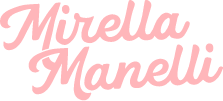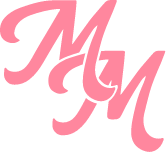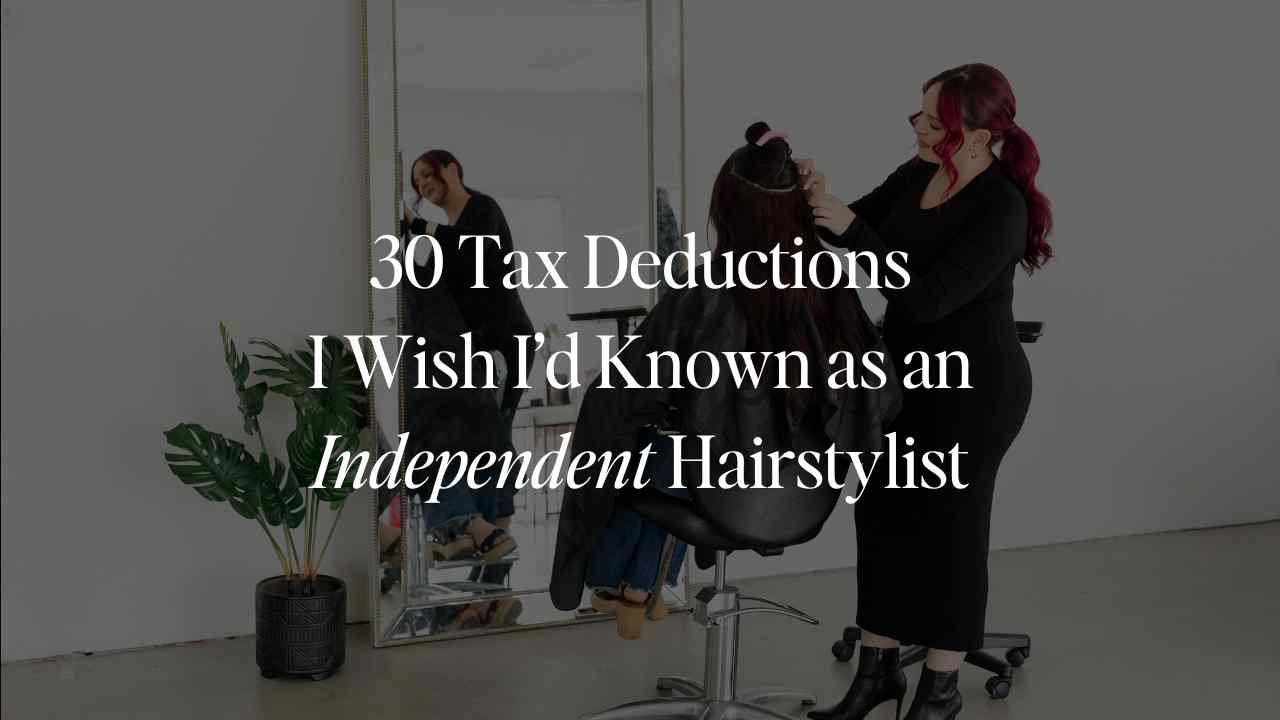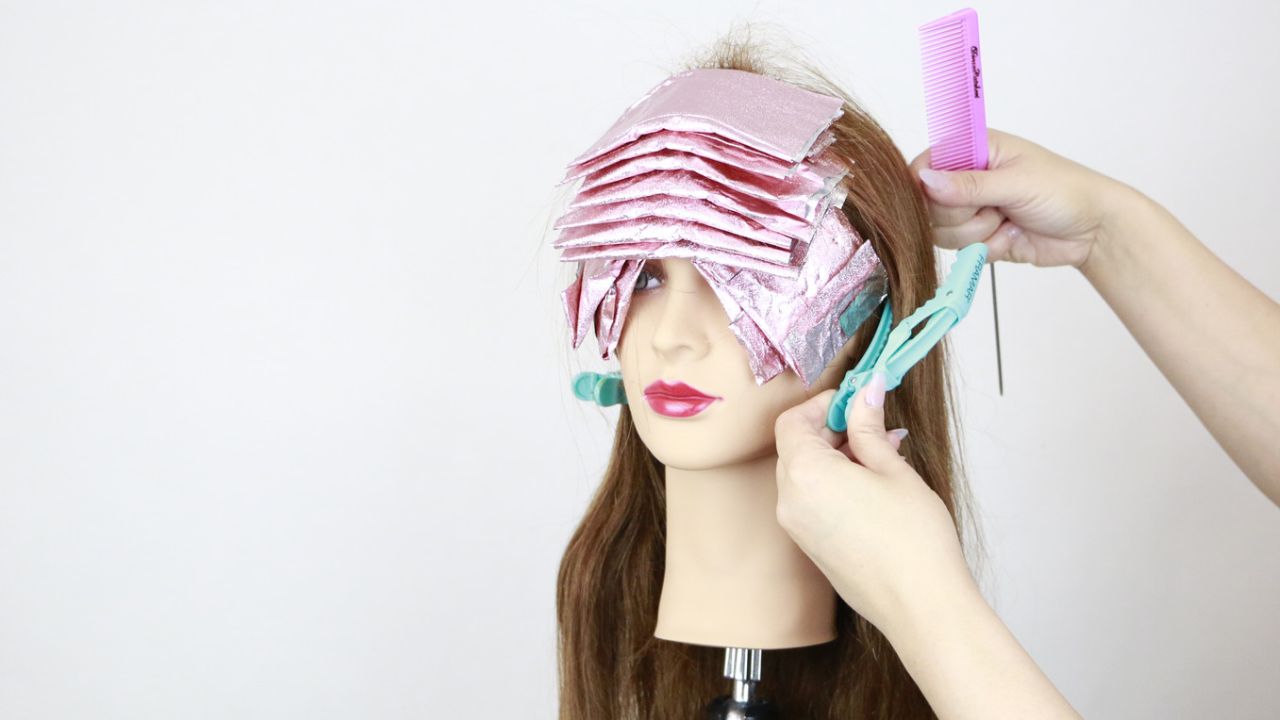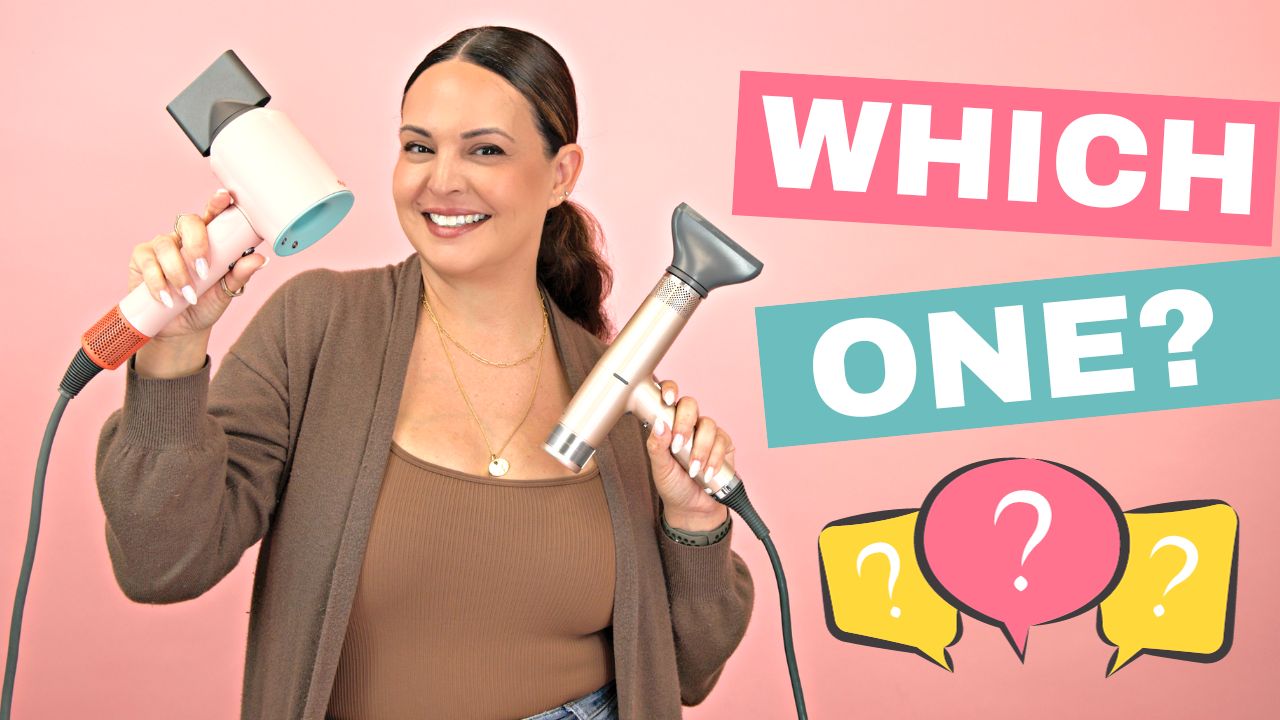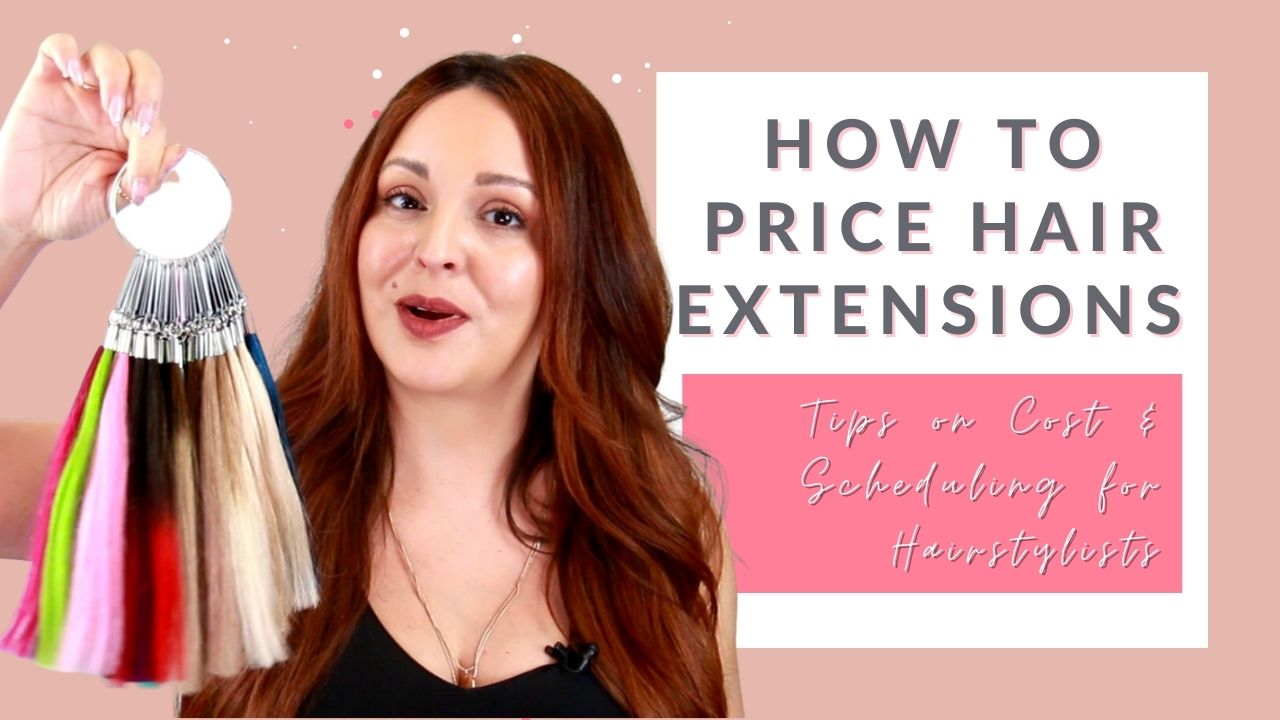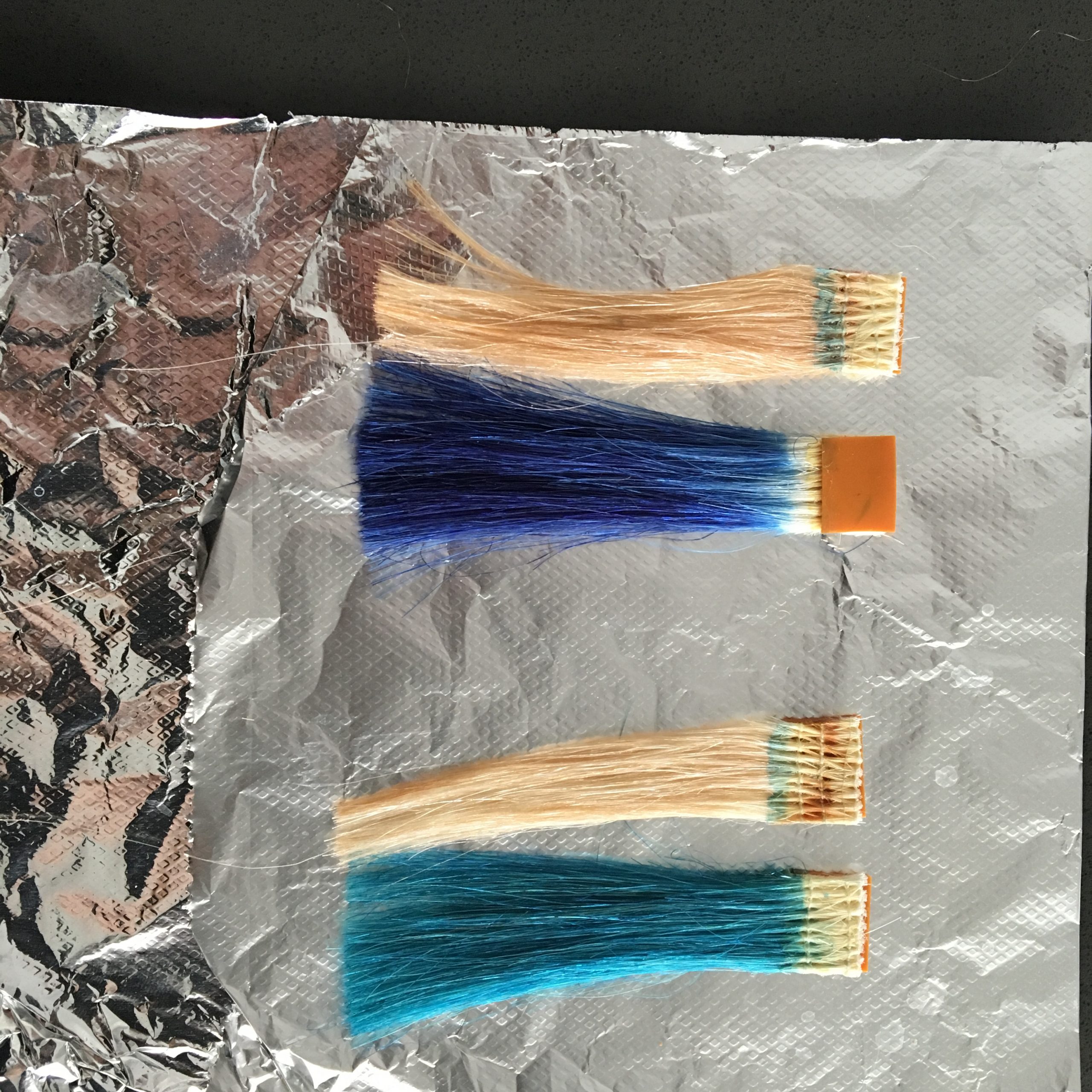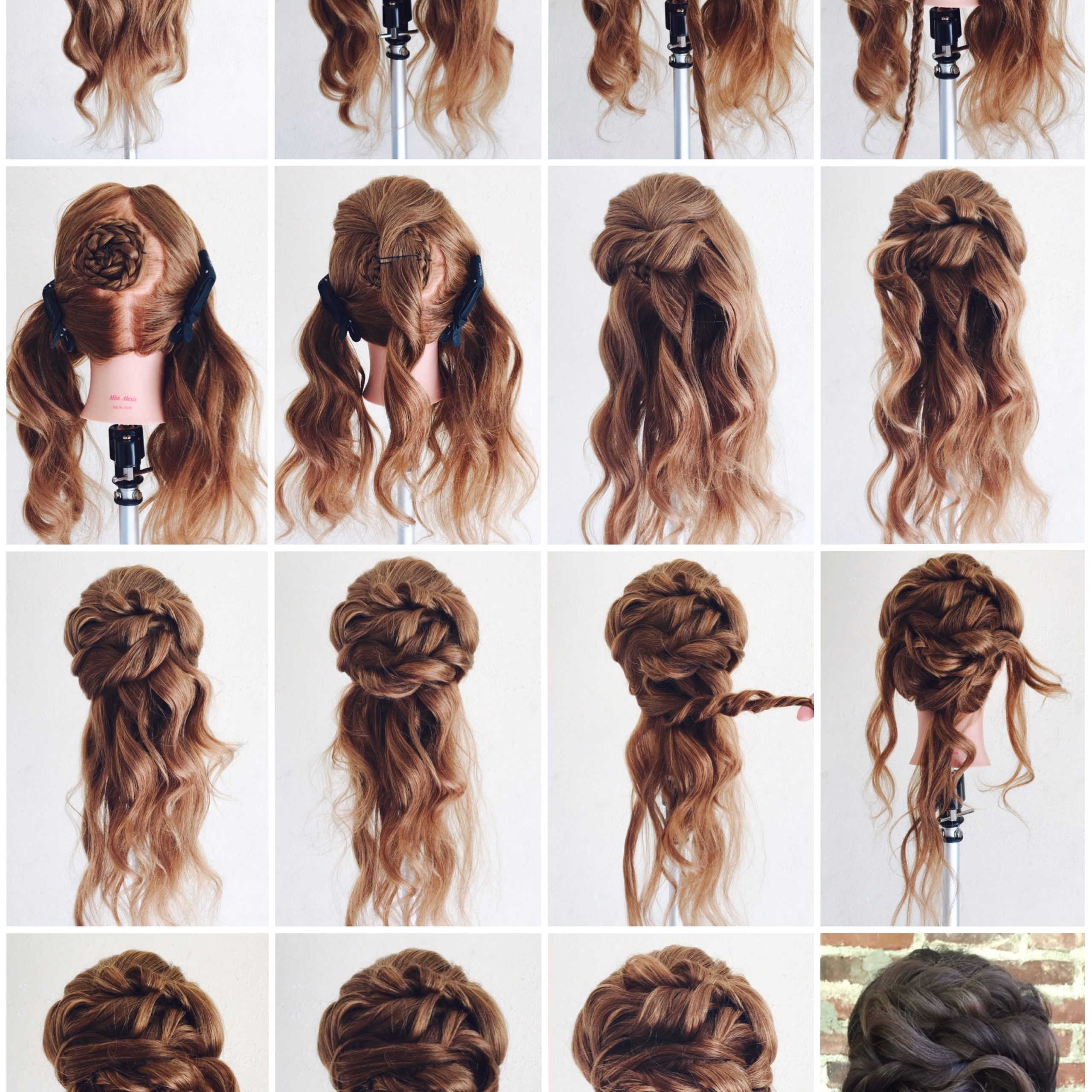Tax write-offs I wish I’d known as an independent hairstylist
As an independent hairstylist, you juggle creativity, business, and client relationships daily. One thing you can’t afford to overlook is understanding tax deductions for hairstylists, as it can save you thousands of dollars and empower you to reinvest in your business. But let’s face it: taxes aren’t always top of mind when you’re focused on perfecting balayage or nailing the latest cutting technique. However, understanding your tax deductions can save you thousands of dollars each year and empower you to reinvest in your business.
Here’s a comprehensive guide to tax write-offs for hairstylists—30 deductions I wish I’d known about when I first started as an independent hairstylist—plus tips to make the most of your income.—plus a few tips to help you make the most of your hard-earned income.
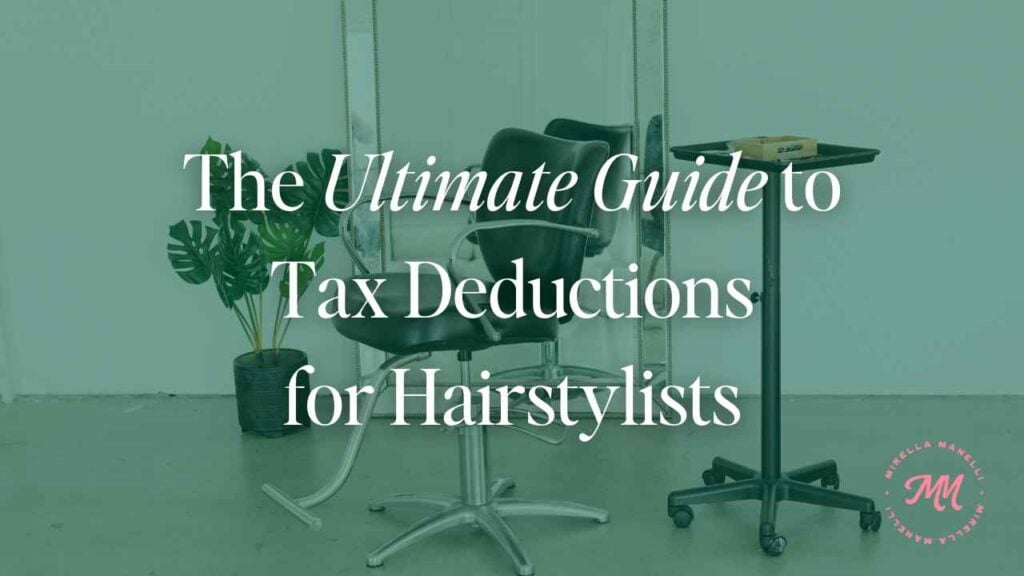
The Ultimate Guide to Tax Deductions for Hairstylists
If you’re looking to maximize your savings, understanding tax write-offs for hairstylists is crucial. Here are 30 deductions you can’t afford to miss.
1. Salon Rent or Booth Rent
Whether you rent a chair in a salon or lease an entire space, this is a significant deductible expense.
2. Professional Tools & Equipment
Shears, clippers, blow dryers, curling irons, and even your favorite styling tools can be written off as business expenses.
3. Hair Color & Product Inventory
Dyes, shampoos, conditioners, and any other product you use for client services are deductible.
4. Continuing Education
Classes, workshops, or even online programs (like Hair B&B University!) are considered professional development and can be deducted.
5. Marketing Costs
From Instagram ads to business cards, any expenses related to promoting your business are deductible.
6. Professional Liability Insurance
Protecting your business with insurance is essential and fully deductible.
7. Health Insurance Premiums
If you’re self-employed, you may qualify to deduct your health insurance premiums.
8. Car Mileage & Travel Expenses
Driving to clients, supply stores, or industry events? Keep a mileage log to deduct those miles or actual vehicle expenses.
9. Client Beverages & Snacks
Providing water, coffee, or snacks for your clients is a deductible hospitality expense.
10. Cell Phone & Internet Bills
If you use your phone or Wi-Fi for business, you can deduct a portion of these bills.
11. Work Apparel
Uniforms, aprons, or branded clothing used specifically for work are deductible.
12. Professional Memberships
Membership fees for cosmetology associations or professional directories can be written off.
13. Station Setup Costs
Expenses for chairs, mirrors, lighting, or other station essentials can be deducted.
14. Mannequin Heads & Training Tools
Any tools or mannequins used for practice or demonstration are deductible.
15. Software Subscriptions
Booking apps, payment processing software, and other business tools like Vagaro or Square are deductible.
16. Business Bank Account Fees
Bank fees related to your business accounts can be deducted.
17. Licensing & Certification Fees
Renewing your cosmetology license or earning additional certifications counts as a deductible expense.
18. Advertising Photography
Hiring a photographer for portfolio photos or social media content? Deduct those costs.
19. Home Office Expenses
If you do administrative work or consultations at home, you can deduct a portion of your rent, utilities, and even home office supplies.
20. Work Supplies
Combs, brushes, foils, gloves, and other daily essentials are all tax-deductible.
21. Professional Development Books
Books or eBooks related to hairstyling, business, or personal growth can be deducted.
22. Salon Software Training
Paid training for booking or client management software is deductible.
23. Gifts for Clients
Small gifts for clients—such as thank-you gifts or holiday tokens—can be deducted up to $25 per person.
24. Social Media Expenses
Paid social ads, content creation tools, and even social media coaching can be written off.
25. Work-Related Travel
Flights, hotels, and meals during work-related trips or industry events can be deducted.
26. Music & Entertainment Subscriptions
Spotify or other music streaming services used in your salon or studio can be deducted.
27. Cleaning Supplies
Sanitizing wipes, disinfectants, and other cleaning products for your workspace are deductible.
28. Hair Extension Supplies
Extensions, beads, thread, and other tools for installations are all tax-deductible.
29. Retirement Contributions
Contributions to self-employed retirement accounts like a SEP IRA or Solo 401(k) are tax-deductible and help secure your financial future.
30. Personal Branding Costs
Expenses for logo design, website creation, or branded merchandise can be written off as essential business investments.

Pro Tips for Maximizing Your Deductions
Keep Detailed Records: Use an app or accounting software to track your expenses throughout the year.
Save Your Receipts: Many deductions require documentation, so keep those receipts organized.
Consult a CPA: Every hairstylist’s situation is unique. A trusted CPA can help ensure you’re maximizing your deductions while staying compliant with tax laws.
Invest in Yourself and Your Business
Understanding your tax write-offs is just one way to build a successful, sustainable hairstyling career. Beyond financial literacy, sharpening your skills and staying ahead of industry trends is essential for long-term growth. Programs like Hair B&B University offer the tools and education you need to level up behind the chair.
Whether you’re perfecting techniques, mastering client consultations, or learning how to grow your clientele, investing in your education pays dividends.

Share This With a Fellow Hairstylist
💬 Did this help you? Share this with a hairstylist who needs this list!
Have questions or more tips to share? Reach out on social media. Together, we can empower independent hairstylists to thrive!
